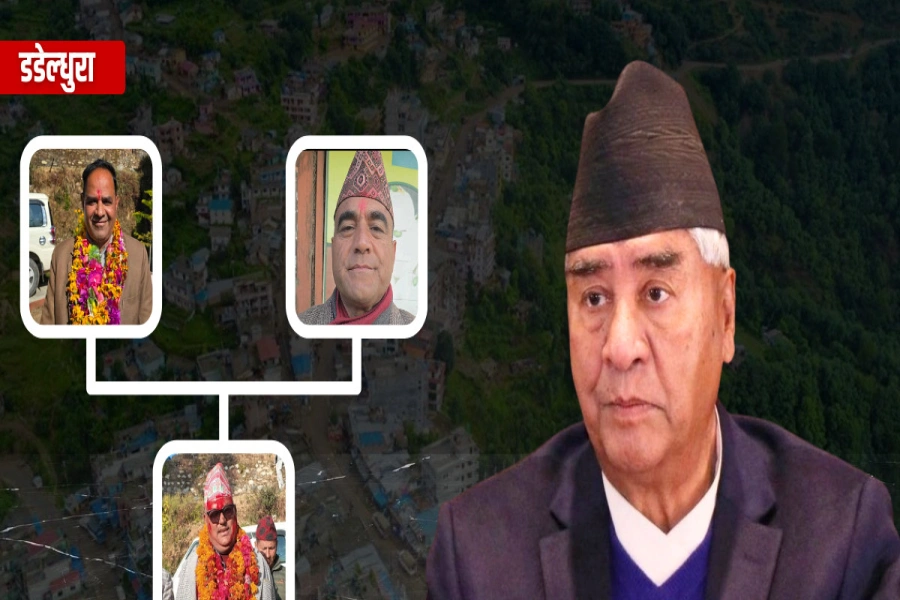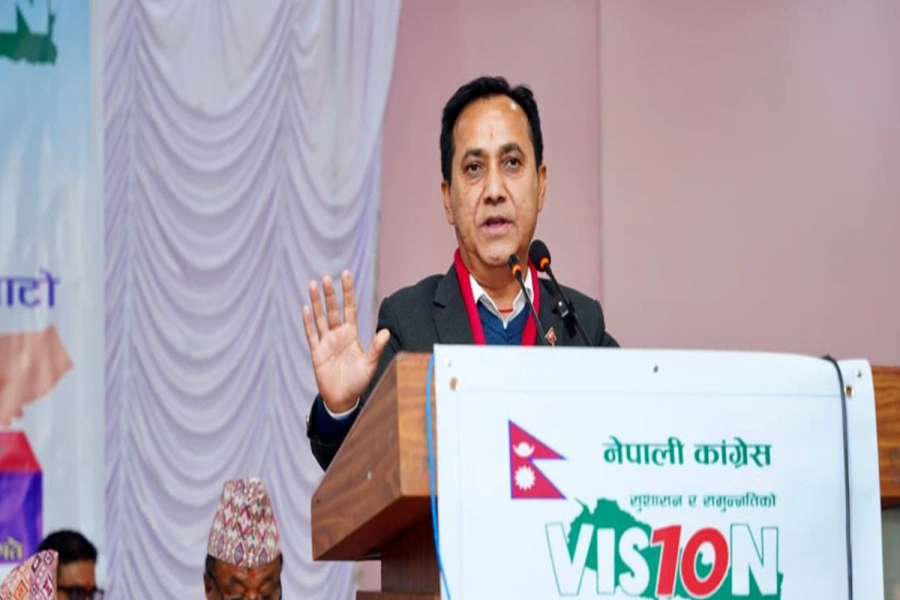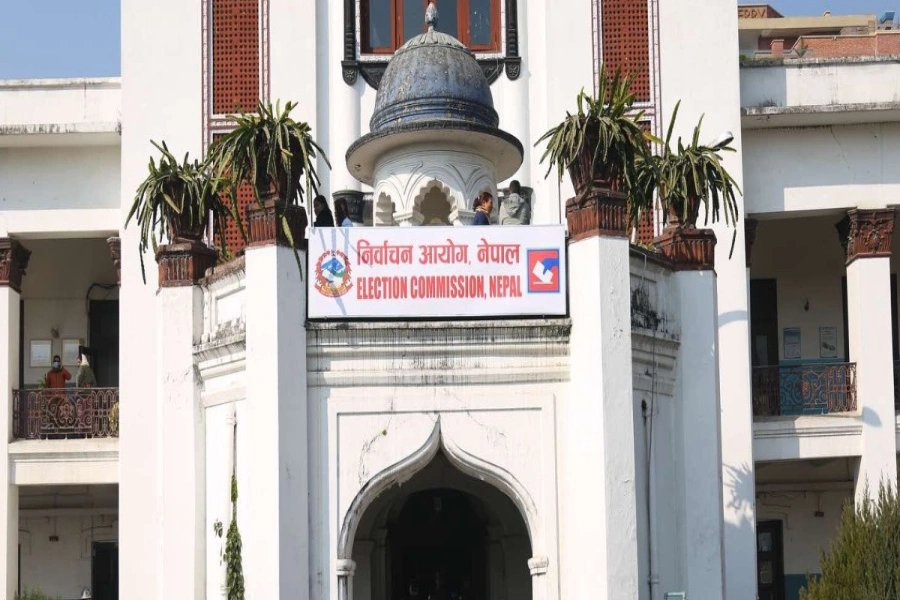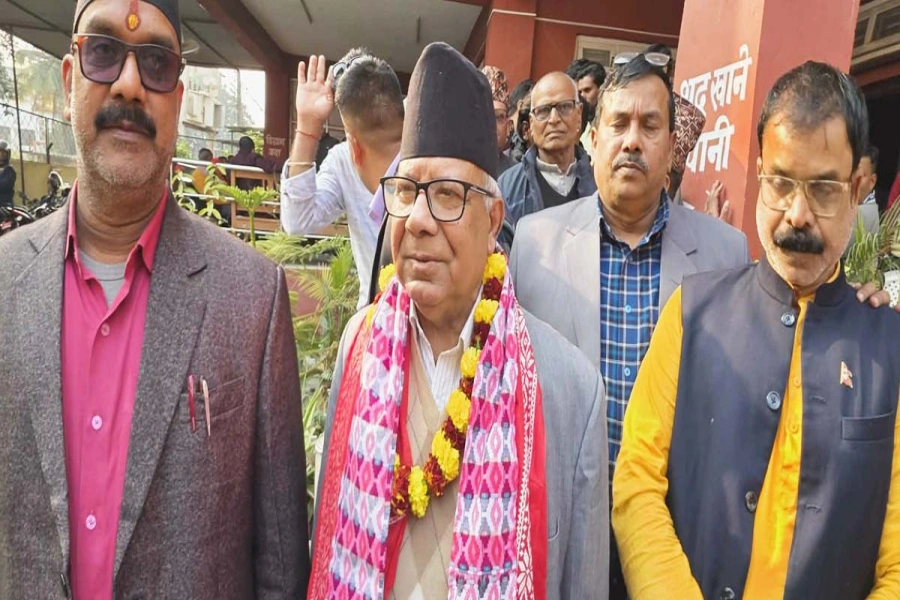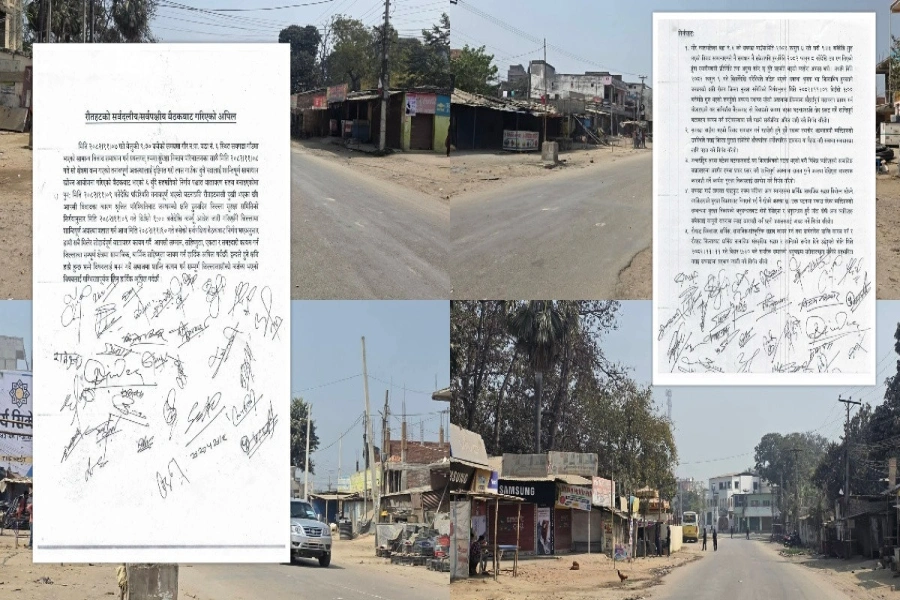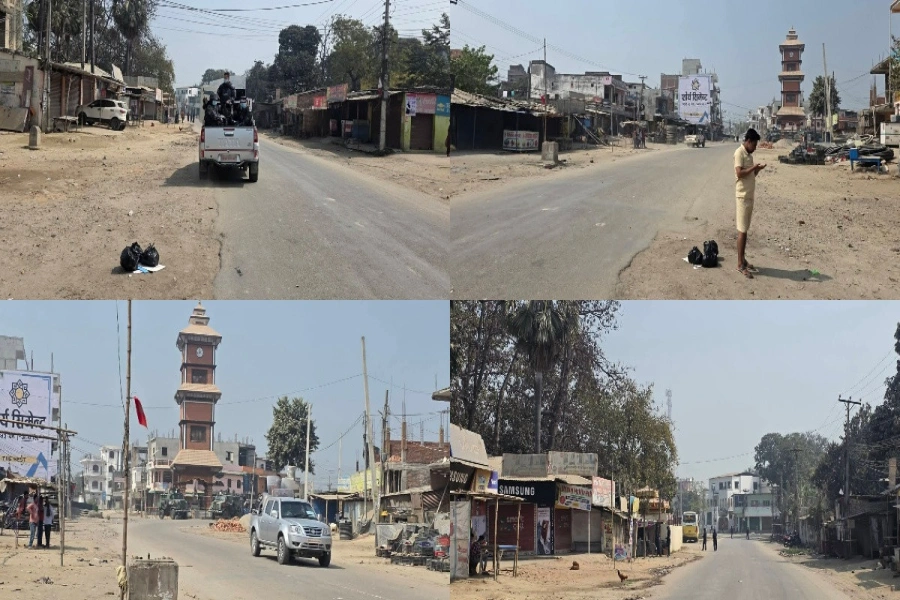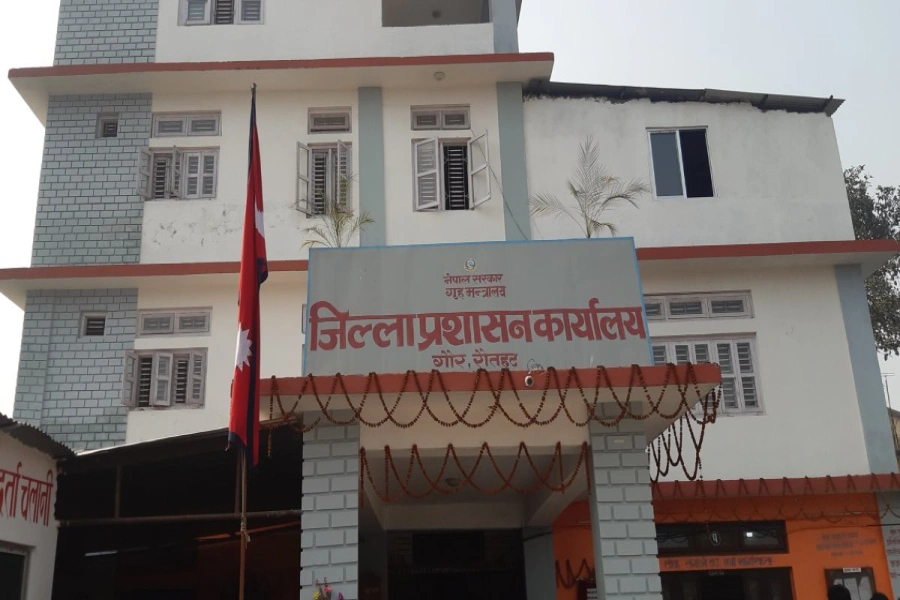KATHMANDU, May 18: The Government of Nepal concluded the first-ever Sagarmatha Dialogue today by releasing a 25-point 'Sagarmatha Call to Action'. The inaugural edition, which began on May 16, focused on the theme "Climate Change, Mountains, and the Future of Humanity."
The ‘Sagarmatha Call’ to Action reaffirmed the urgent need to strengthen partnerships and prevent the global average temperature from rising more than 1.5 degrees Celsius above pre-industrial levels to ensure a sustainable future.
The Dialogue urged countries to develop and implement National Adaptation Plans that address their specific adaptation needs. It also called on the international community to increase and mobilize financial assistance to support climate action in developing countries and those facing special circumstances.
The Dialogue encouraged stakeholders to make collective efforts to ensure developing and climate-vulnerable countries have equitable and simplified access to international climate finance. This includes funding through bilateral, multilateral, and alternative sources, as well as under the operational entities of financial mechanisms within the UNFCCC and the Paris Agreement.
Sagarmatha Sambaad concludes with ambitious global call for cli...

The ‘Sagarmatha Call to Action’ supports efforts to establish a dedicated fund to help mountain countries mobilize targeted financial resources for climate action and sustainable development in mountainous regions. It urges stakeholders to prioritize recognizing, respecting, and rewarding mountain ecosystem services by using both existing and innovative financial sources.
The Sambaad concluded by emphasizing the private sector's and carbon markets' crucial role in advancing sustainable climate action. It also called for stronger global and regional partnerships to improve access to climate-friendly technologies and enhance capacity-building efforts.
The Sambaad recognized the need to promote green, resilient, and inclusive development across rural and urban communities, from small to large-scale infrastructure. It emphasized clean energy, energy efficiency, and equitable energy access, and highlighted the importance of powering the future through clean energy along with green, circular, and bio-economies.
The ‘Call to Action’ urged stakeholders to promote science-, technology-, and innovation-based solutions to address climate-induced disasters and to safeguard glaciers, water resources, forests, and agricultural systems.
The Sagarmatha Call to Action’ encourages dialogue on the mountains and climate change agenda, focusing especially on the triple planetary crisis and short-lived climate pollutants that profoundly impact regional climate, monsoons, the cryosphere, and public health. It recognizes the urgent need for developing countries to strengthen data systems, ensure data sharing and interoperability, and develop climate attribution and early warning mechanisms.
The ‘Call to Action’ also emphasizes promoting inclusive climate actions by actively engaging children, youth, women, persons with disabilities, and the elderly, while upholding intergenerational equity and maintaining gender balance.
The dialogue urged stakeholders to create a multi-stakeholder international platform on mountains and climate change to amplify mountain communities' voices in global climate processes through dialogue, innovation, and empowerment.
The call states, "We recognize local and indigenous communities' roles in climate policies, programs, and actions, including adaptation and conservation efforts. We emphasize developing mechanisms for payment for environmental services and urge adopting innovative climate financing."
It highlights the need to develop knowledge centers, share best practices, and increase local communities' roles in climate policies, programs, and actions. The dialogue commits to building a unified voice for immediate climate action that echoes from the mountains to the seas and from highlands to islands.




-1771752585.webp)












